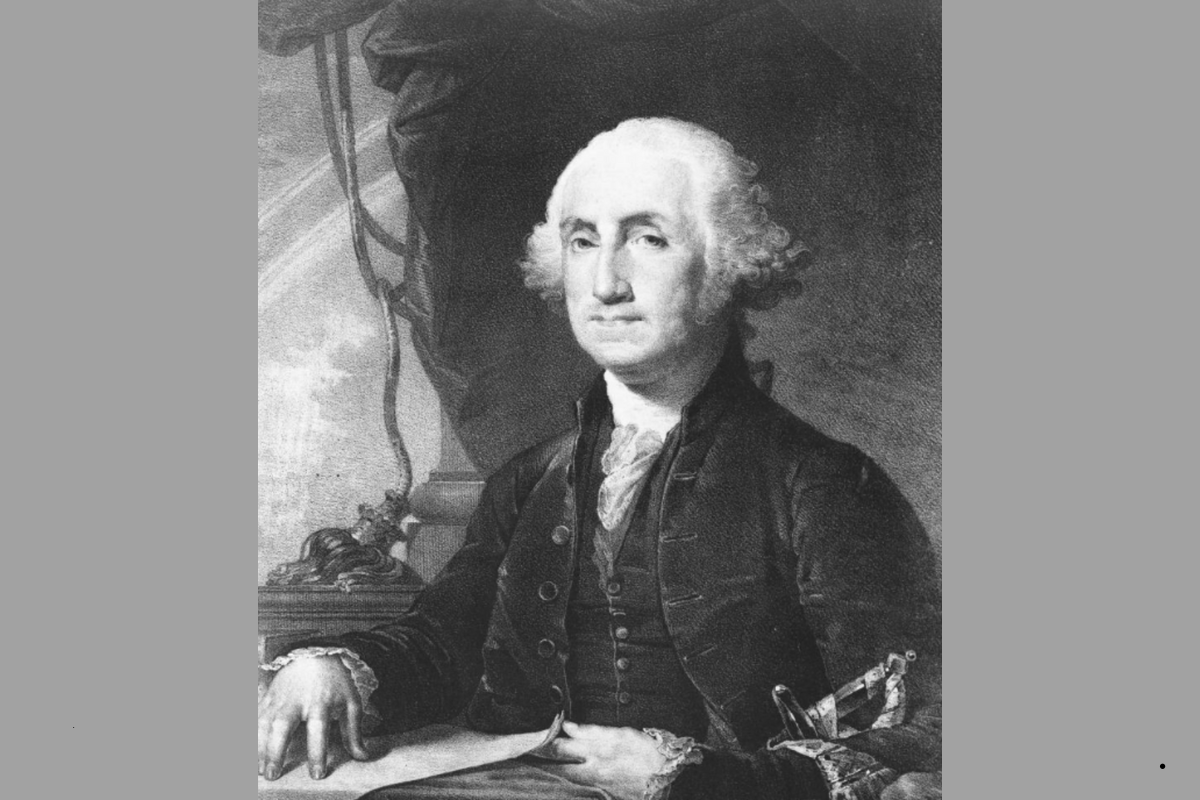Can Progress Be Resisted?
My freshman year in college a professor placed in my hands G.K. Chesterton’s book Orthodoxy, and my life was never the same after.
How Many Is Too Many?
Our Heritage series typically focuses on American writers, but every now and then I am reminded of something from the non-American past that I think interesting.
Annapolis Convention
Most of our readers will know about the Philadelphia Convention in the summer of 1787 and assume that it had to replace the ineffectual Articles of Confederation.
Burke's Speech to the Assembly
In our enthusiasm to declare our independence from England, we Americans often forget that the American Revolution is a development of English political history and not a rejection of it.
Gouverneur Morris
That there are “forgotten Founders” is a truth universally acknowledged among students of the American Founding.
The Phantom Public
For many college professors, especially in the humanities, reading books is more than a habit, it’s compulsory.
John Adams and Monarchy
As modern Americans, a resistance to monarchy is more or less bred in our bones.
Lincoln Lyceum
On the 50th anniversary of our Constitution, and at the unripened age of 28, Abraham Lincoln took the stage at the Young Men’s Lyceum in Springfield IL to address the topic “On the perpetuation of our political institutions.”
Early American Regionalism
Colin Woodard in his Eleven Nations identified the deep regional differences that divide this country.
Federalists and Anti-Federalists
On September 17, 1787, the Constitutional Convention, after much discussion and deliberation, completed its work.
George Washington: “First in the Hearts of his Countrymen”
George Washington died in 1799 a decade after the Constitution was ratified, and just two years after serving as the nation’s first President, elected for two full terms.
Phillis Wheatley: Our First African-American Poet
No gravestone marks the place of Phillis Wheatley’s rest. Of course, this is not unusual.
University Gambling
Among the many temptations that undermine democratic citizenship, getting something for nothing would have to be near the top of the list.
Virginia Articles
Scholars have long debated the role of religion in the founding of America.
Judith Sargent Murray and Equality of Virtue
In 1790, two years before Mary Wollstonecraft published her Vindication of the Rights of Woman, an American woman with the pen name “Constantia” released her own treatise on the equality of the sexes.
We Are More Than Workers
In his autobiography, Gerald Ford recalls his excitement at the prospect of going to the University of Michigan.
James Otis and The Founders
A debate among scholars of our constitutional era concerns both the origins and background of the Constitution, and thus also America itself.




















